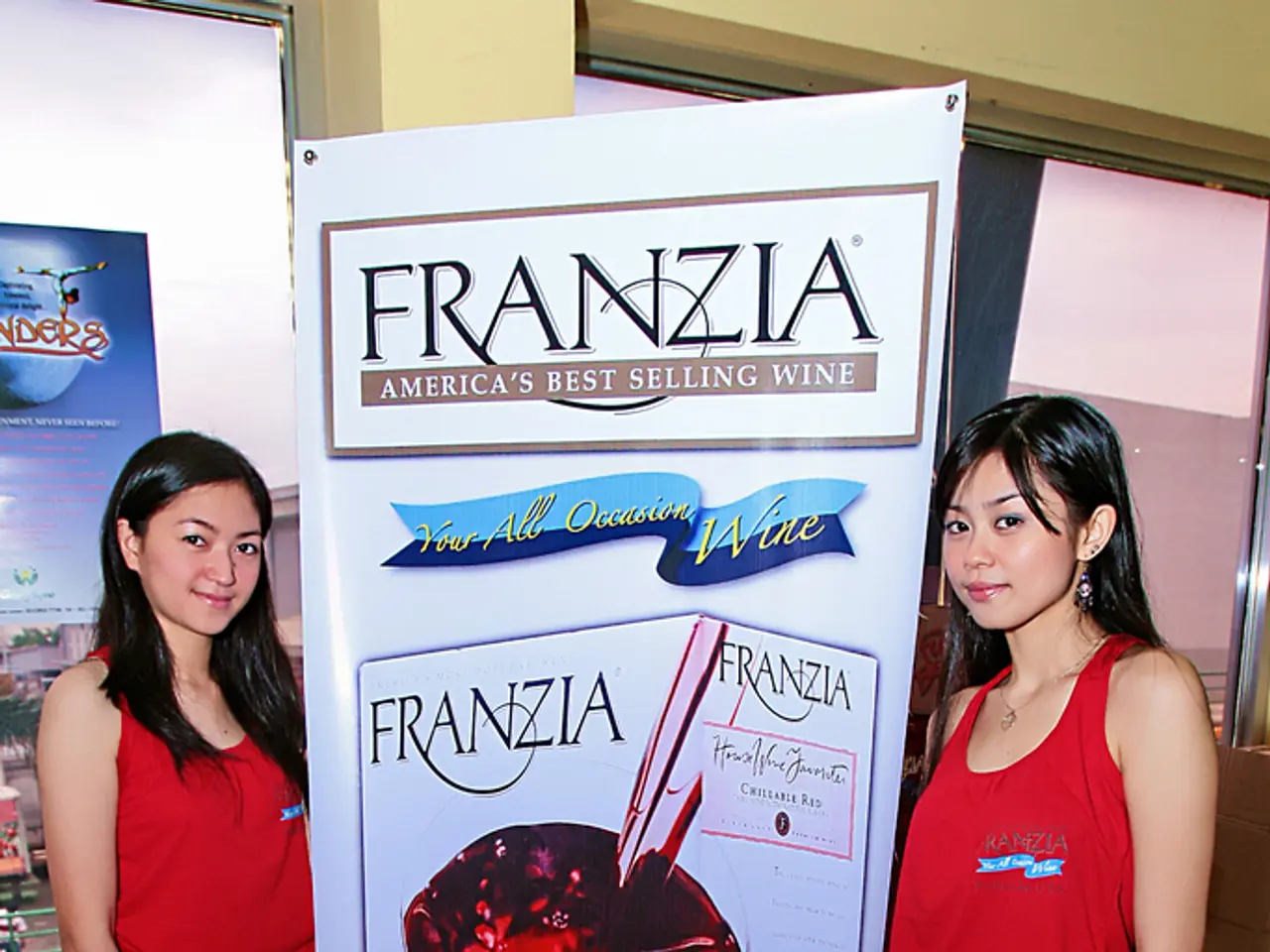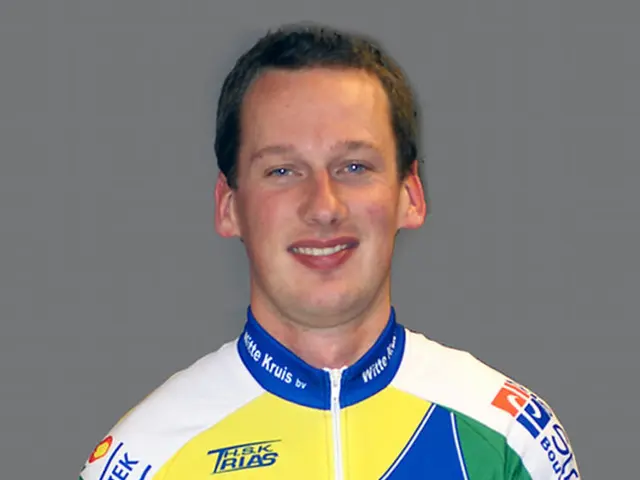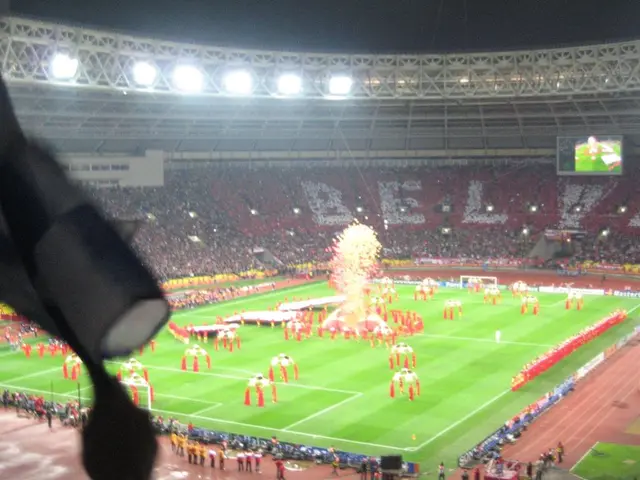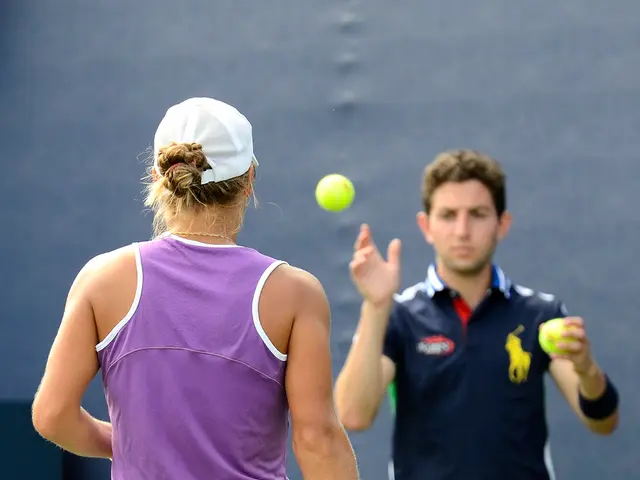"Tourists visiting Austria may be asked to provide cash by the Social Democratic Party (SPÖ)"
Vienna, the cultural hub of Austria, is witnessing a significant shift in its artistic landscape. While the city's cultural strategy promotes established and innovative arts within a sustainable and inclusive framework, a growing concern surrounds the precarious conditions faced by independent "free scene" and artist-run spaces [1][2].
The North West Railway Station area, long a cultural hotspot, faces an uncertain future as residential developments loom. Conversely, the city is investing heavily in this area, planning to open a cultural jewel by autumn 2027 [3]. However, a major construction site may arise immediately nearby, as a German company CTS Eventim builds an event hall by 2030, with the city investing around 215 million euros [4].
In an effort to address this issue, the Social Democratic Party (SPO) has proposed four points for cultural development, including more spaces for art, encounter, and cultural exchange. They also plan to establish eight "cultural anchor centers" as decentralized cultural suppliers in the districts and neighborhoods [5].
Veronica Kaup-Hasler, the city councillor of Vienna's culture department, is a key figure in these developments. Running on the SPO ticket, Kaup-Hasler has advised the new culture minister, Andreas Babler, to show presence in the cultural scene. Despite some public funding and recognition for independent cultural spaces, such as the annual “Offspace-Preis” award, there is no publicly detailed, comprehensive time-bound or financial blueprint addressing these concerns [2].
Kaup-Hasler, who is not a member of a political party, acknowledges the need for savings due to the expanded cultural budget in Vienna. She suggests managing public funds carefully and creating synergies will be important [6]. She also notes an increased influx of artists from Berlin to Vienna, which increases pressure within the Viennese art scene [7].
The Otto Wagner area, set to house the Music and Art Private University of the City of Vienna, is seen as a potential nucleus for attracting others and developing attractiveness. The area is also undergoing renovation for the future location of the Documentation Archive of Austrian Resistance and an art studio house [8].
Despite criticism from art and culture groups, Kaup-Hasler rejects claims that there is no time and financial plan for implementing the cultural strategy and that they are insufficiently involved [9]. She discusses the potential impact of cultural clearances in other countries, such as Slovakia, Hungary, and the USA, and suggests that Vienna could establish a new welcome culture for emigrants [10].
Kaup-Hasler also expresses support for the introduction of a culture euro, a potential levy directly benefiting culture from increased overnight stays [11]. The city of Vienna is responsible for cultural politics both at the federal and city levels, but it is the only federal state without its own arts and culture promotion act [12].
In conclusion, Vienna's cultural landscape presents both challenges and opportunities. While the city invests in established institutions and public events, independent cultural spaces continue to struggle under precarious conditions. The SPO's proposals and Kaup-Hasler's initiatives offer hope for a more inclusive and sustainable cultural future in Vienna.
[1] City of Vienna's Cultural Strategy 2025 [2] Independent Art and Culture Interest Groups' Critique of Vienna's Cultural Strategy [3] Investment in the Free Scene in the North West Railway Station Area [4] CTS Eventim's Event Hall Project [5] SPO's Proposals for Cultural Development [6] Kaup-Hasler's Advice to Babler [7] Influx of Artists from Berlin to Vienna [8] Otto Wagner Area Renovation [9] Kaup-Hasler's Response to Criticism [10] New Welcome Culture for Emigrants [11] Culture Euro Introduction [12] Vienna's Absence of an Arts and Culture Promotion Act
- The Social Democratic Party (SPO) has proposed a four-point plan for cultural development, which includes establishing 'cultural anchor centers' and providing more spaces for art, encounter, and cultural exchange, as part of Vienna's policy-and-legislation [5].
- Despite Kaup-Hasler's initiatives, independent "free scene" and artist-run spaces continue to face precarious conditions in the general-news of Vienna [1].








